(above:) Salvation Army employees in Fort McMurray, Alta., take part in an International Overdose Awareness Day walk in August 2022. From left, Henok Gaim, community response unit co-ordinator; Rediet Dicha, diversion co-ordinator; Jessica Manley, Housing First co-ordinator; Angie Simms; and Nikita Ryan, Housing First co-ordinator (Photo: Christie Howe)
International Overdose Awareness Day (IOAD), founded by a social worker at The Salvation Army in Melbourne, Australia, began in 2001. Since then, communities around the world have held events on August 31 to raise awareness, remember those who have died and recognize the grief of family and friends left behind. Two Salvation Army employees share how they marked this day last year.
Walking to Remember
by Angie Simms
On August 31, 2022, I had the opportunity to take part in the IOAD walk held in Fort McMurray, Alta., where I am the team lead for The Salvation Army’s Housing First program. I walked alongside my team, other staff from the Army and our community partners, as well as families and friends who had lost loved ones to this crisis.
The Housing First program works with the chronically homeless in our community, many of whom struggle with mental health and addictions. We see these struggles and the toll that addiction takes on our participants. We have seen many close calls and we have also seen too many battles lost. We see the stigma associated with addiction: the lack of knowledge and understanding surrounding the issue; the preconceived ideas of mental health and addiction; and the negative attitudes and behaviour toward people.
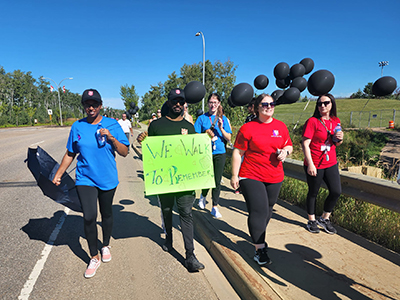
“I take part in this walk to honour those who have been lost to drug overdose, to bring awareness to the seriousness of the overdose crisis and to help stop the stigma that surrounds it,” says Angie Simms (Photo: Christie Howe)
We also see the impact of stigma on the person struggling with addiction: the isolation, avoidance and hiding their drug use; the fear that if they try to get help or reach out for support it will lead to judgment; and how it affects the person’s ability to find stable housing, jobs and quality health care. Because we witness the impact this has on our participants, it has become an important issue to us.
We all need to be more aware of the overdose crisis in our society and the impact of stigma. No one should ever feel like they are alone on this journey, or that they are being judged and discriminated against. No one should feel ashamed to reach out for help or feel they may not get the help they need because they struggle with addiction.
I take part in this walk to honour those who have been lost to drug overdose, to bring awareness to the seriousness of the overdose crisis and to help stop the stigma that surrounds it. I also walk to show my support for the family and friends who are left to grieve, and to be the voice for those who are no longer able to be heard. If I can bring awareness of the overdose crisis to just one person by participating in this walk, I know I’m doing my part to change the stigma surrounding it.
Angie Simms is the Housing First team lead at The Salvation Army in Fort McMurray, Alta.
Love, Acceptance and Support
by Jenea Gomez
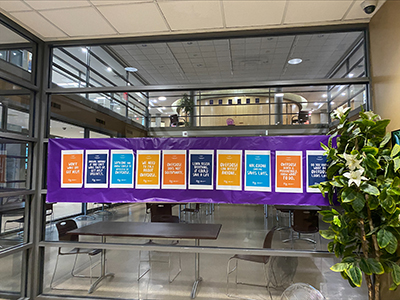
The Salvation Army’s Belkin House in Vancouver marks IOAD (Photo: Jenea Gomez)
In Canada, we seem to break records every year with an increasing number of overdoses. Hundreds of overdoses are reported every day and far too many result in death. IOAD is the world’s largest annual campaign to #endoverdose. At The Salvation Army’s Belkin House in Vancouver, the people we serve have been greatly affected by these tragedies, so we want to do our part to bring awareness to this crisis and equip our staff and residents to respond.
The building is flooded with purple, and hundreds of ribbons are distributed to promote awareness of the day. We partner with local service providers and professionals to host various spaces for education, awareness, remembrance and connection. Here is a brief description of each space:
- Prayer Space: A designated chapel service and time of prayer for all affected by overdose.
-
Commemorative Space: A station that remains set up throughout the week. Individuals are invited to print a name on a ribbon and tie it to a purple chair in commemoration of someone lost to, or at risk of, overdose. The idea came forward after the first year we participated in IOAD. During the “Brave Space” circle, a participant suggested leaving an empty chair for those at risk, who we pray will one day take a seat in our circle as survivors.
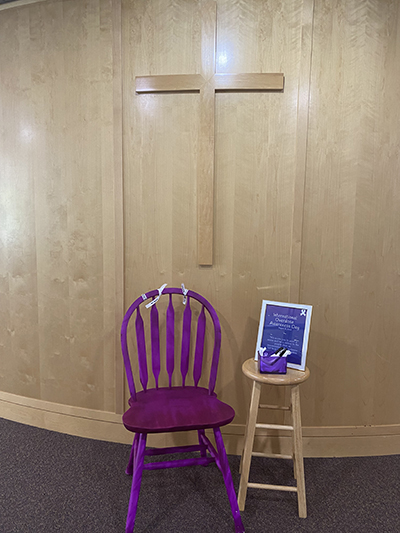
People are invited to print a name on a ribbon and tie it to a purple chair in commemoration of someone lost to, or at risk of, overdose (Photo: Jenea Gomez)
-
Brave Space: Reflecting an Indigenous talking circle, led by an elder, participants are invited to bravely share memories, prayers and thoughts for loved ones struggling or lost to overdose. This has become a time where many come to share their experience of surviving overdose.
-
Informed Space: We have two educational opportunities
-
-
A dialogue about ending stigma, how to have conversations with struggling loved ones and how to recognize and respond to overdose.
-
Naloxone training. Most overdose deaths in Canada are a result of opioid overdose. Administering naloxone can reverse the effects of opioid use and save lives. On IOAD, we facilitate hands-on naloxone training and provide participants with free take-home naloxone kits.
-
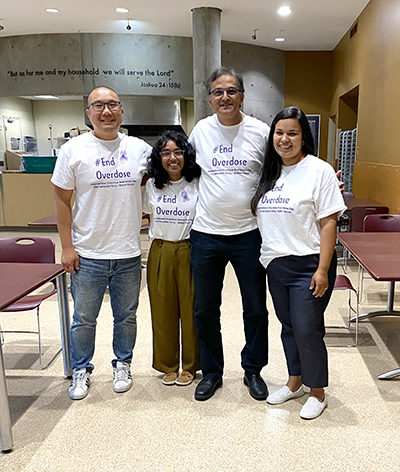
Employees at Belkin House show their support for IOAD. From left, Andy Hy, Natalie Gulasekharam and Rafik Daudjee, caseworkers/ chaplains; and Jenea Gomez (Photo: Alvin Chong)
Unfortunately, I know many who have not survived overdose. My friend J. died of an overdose in 2021. I first met J. while he was completing a rehabilitation program at The Salvation Army in 2006. Although he didn’t find freedom from this life-controlling issue in the end, I have always admired his determination to try. He entered the local detox countless times over the years and attended dozens of treatment programs across Canada. I take comfort in knowing that J. experienced love, acceptance and support at The Salvation Army. He always expressed that he knew he could come back, no matter what.
Jenea Gomez is the manager of transitional housing at The Salvation Army’s Belkin House in Vancouver.
For more information about IOAD and ideas on how to hold a community event, visit https://www.overdoseday.com/.




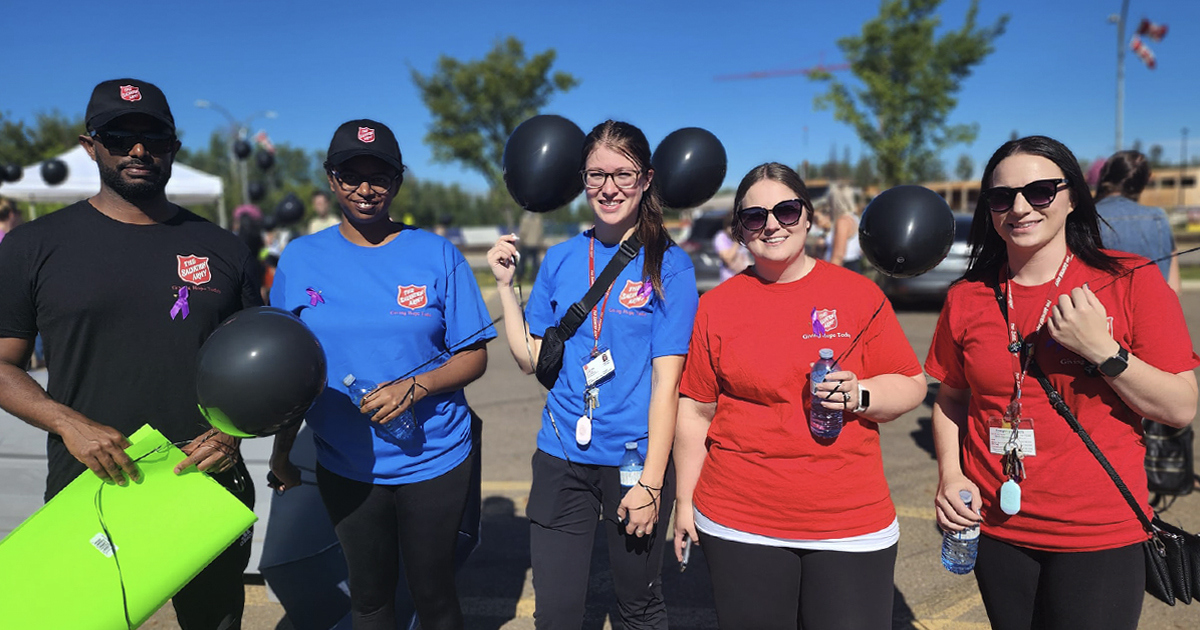
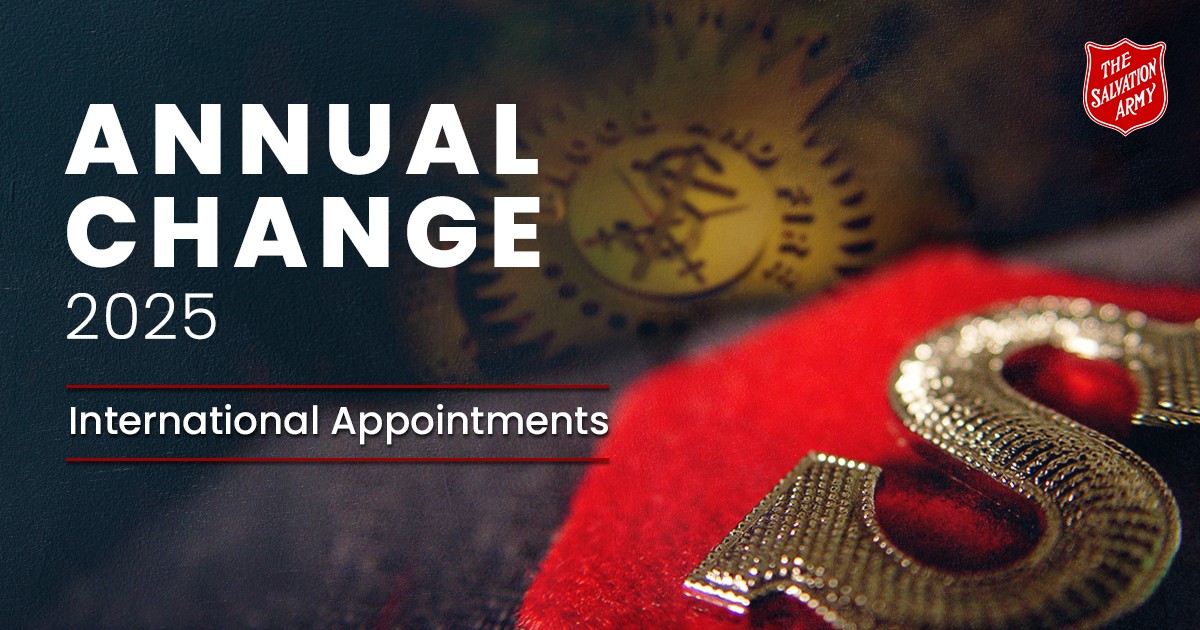
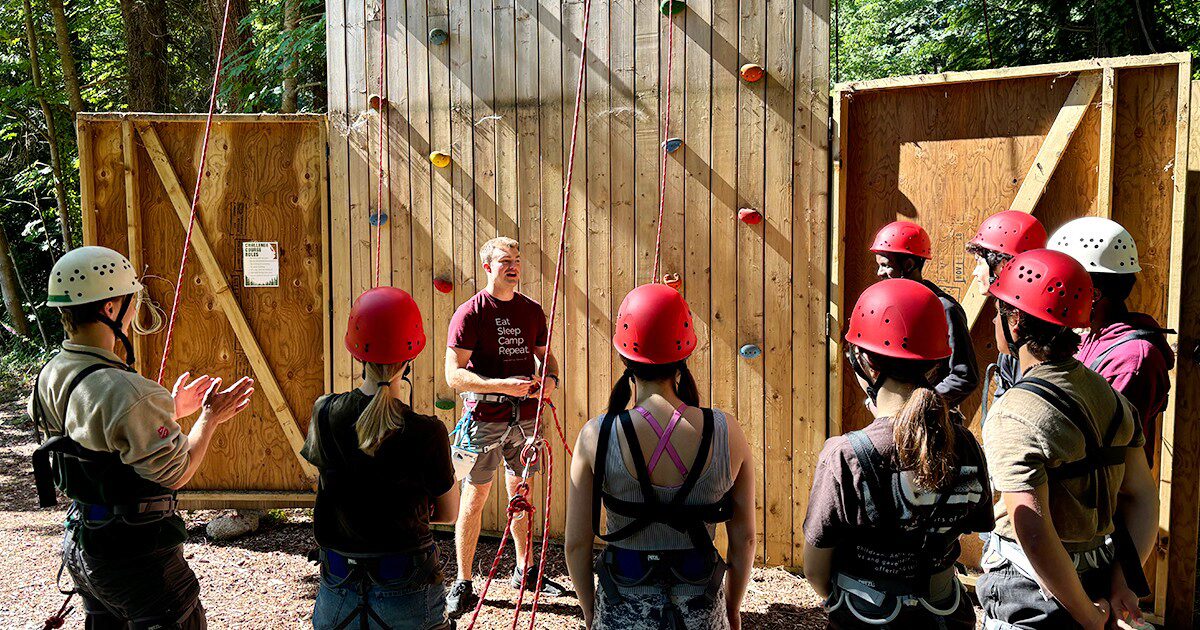
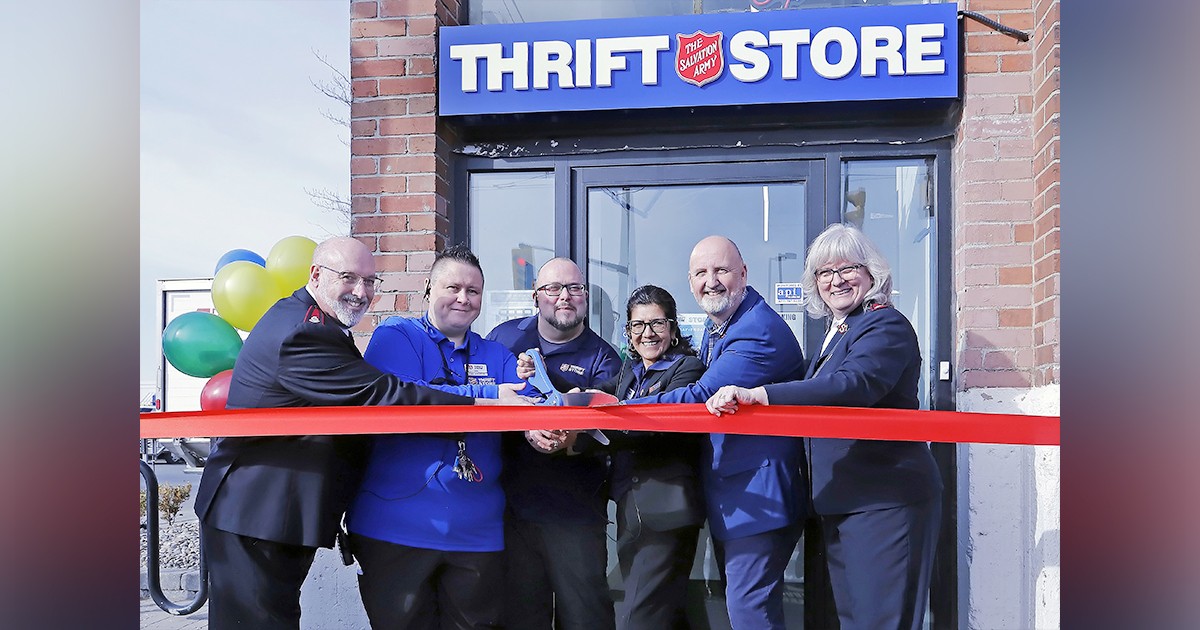


Leave a Comment